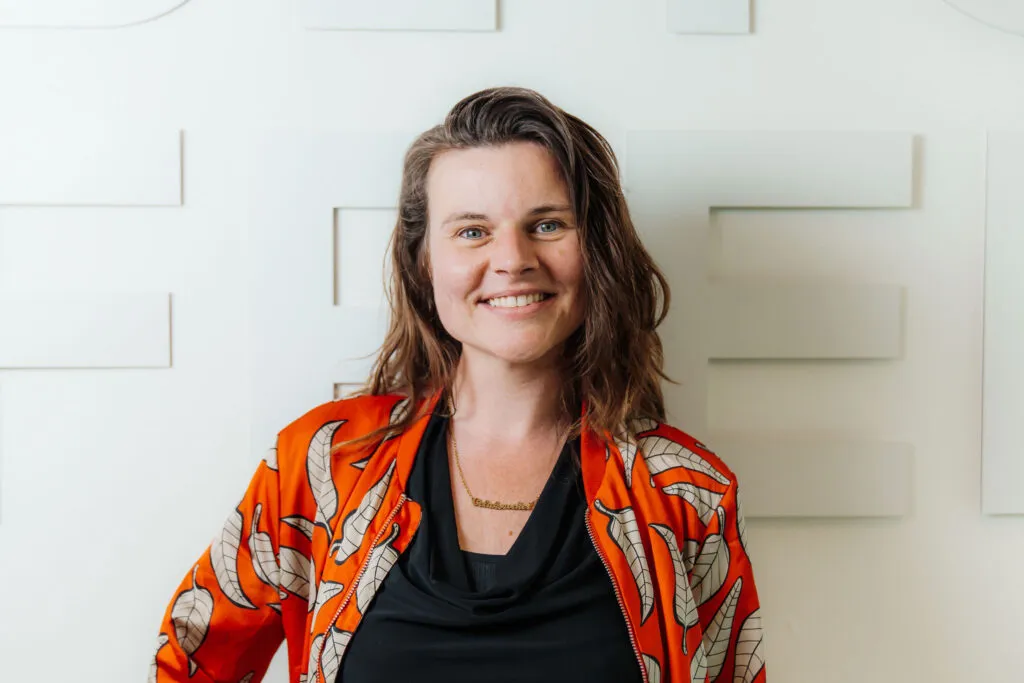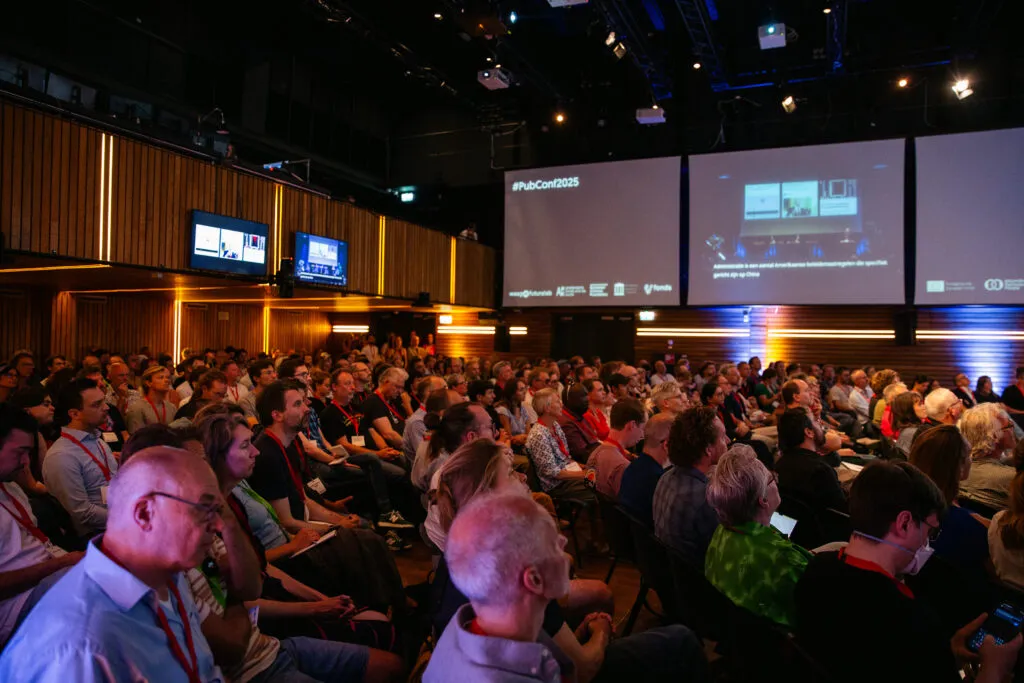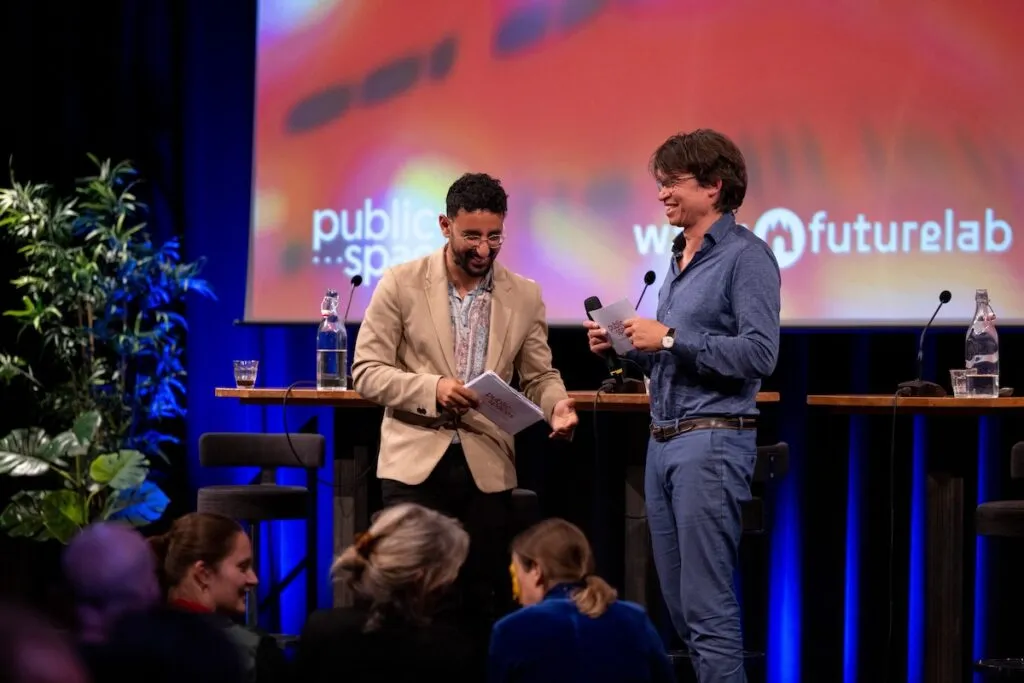This blog has been quiet for far too long, a lack of news however, has certainly not been the cause for that. On the contrary – the developments have been succeeding so rapidly that we have not been able to keep up with the pace in our communications since the PublicSpaces project is highly dependent on the efforts of volunteers who have only little time. No more excuses: the news of the past months.
In January we will launch our first badge. This will be a so-called zero-badge, a zero measurement, that will serve as a proof of concept and as a public outing of support to the ideals enshrined in the PublicSpaces manifesto. The badge will be an image that partners can put on their website that shows their support for the manifesto. Behind the scenes, an automated technical validation will take place so that a badge cannot be displayed on a website unauthorised.
In case this pilot proves to be successful, the next step will be the gradual implementation of the badges system testing specific aspects of the manifesto on the website of an affiliated party. Doing so, we will enable the general public to see and control in which areas the organisation performs well and in which areas improvements are needed. The badges furthermore facilitate the public debate on the technical validation of our values; this is of an enormous value for (open-source) software developers and increases the transparency of our ‘network of networks’.
Meanwhile, various participants in the PublicsSpaces project are exploring the use and implementation of open source software. At Beeld en Geluid, VPRO, KB and Waag there are experiments with IRMA, PeerTube, Mastodon and ISSO. There are some funds available for those experiments. In the course of the coming year, 2020, the experiments should produce their first results and will be presented to the public. High on our list there is a system to prove the ‘proof of origin’ – a way to to trace the origin of articles, video’s and other sources of information to the original author. Simultaneously, it should be possible to visualise all the alterations that have taken place through the redistribution of those stories – as for example with the revision history/log of every article on Wikipedia.
A lot has happened internationally as well. PublicSpaces was given the opportunity to present itself on Mozfest in London and Lift in Helsinki, it was present at the EBU in Porto, and will give a talk at the United Nations Internet Governance Forum in Berlin later this november. At all of the meetings mentioned above there have been conversations on European collaborations and European fundings have been explored. PublicSpaces finds itself in the middle of a European movement of individuals, NGOs, cultural institutions, public broadcasting services and other parties that have similar goals. Moreover, an intensive search is being conducted on how to achieve the largest possible collective impact. This is not always an easy process, since the cultural gaps are at times huge but our shared ideals are strong.
Last but not least, we are looking into the restructuring of our organisation. PublicSpaces has had an eventful first year in which a lot has been achieved. However, as indicated above, we have only a limited availability of well-trained and capable volunteers that can support our project. We are exploring in which way we can involve our partners more closely with the practical tasks ahead, what ultimately should also increase the frequency of our blog posts.



